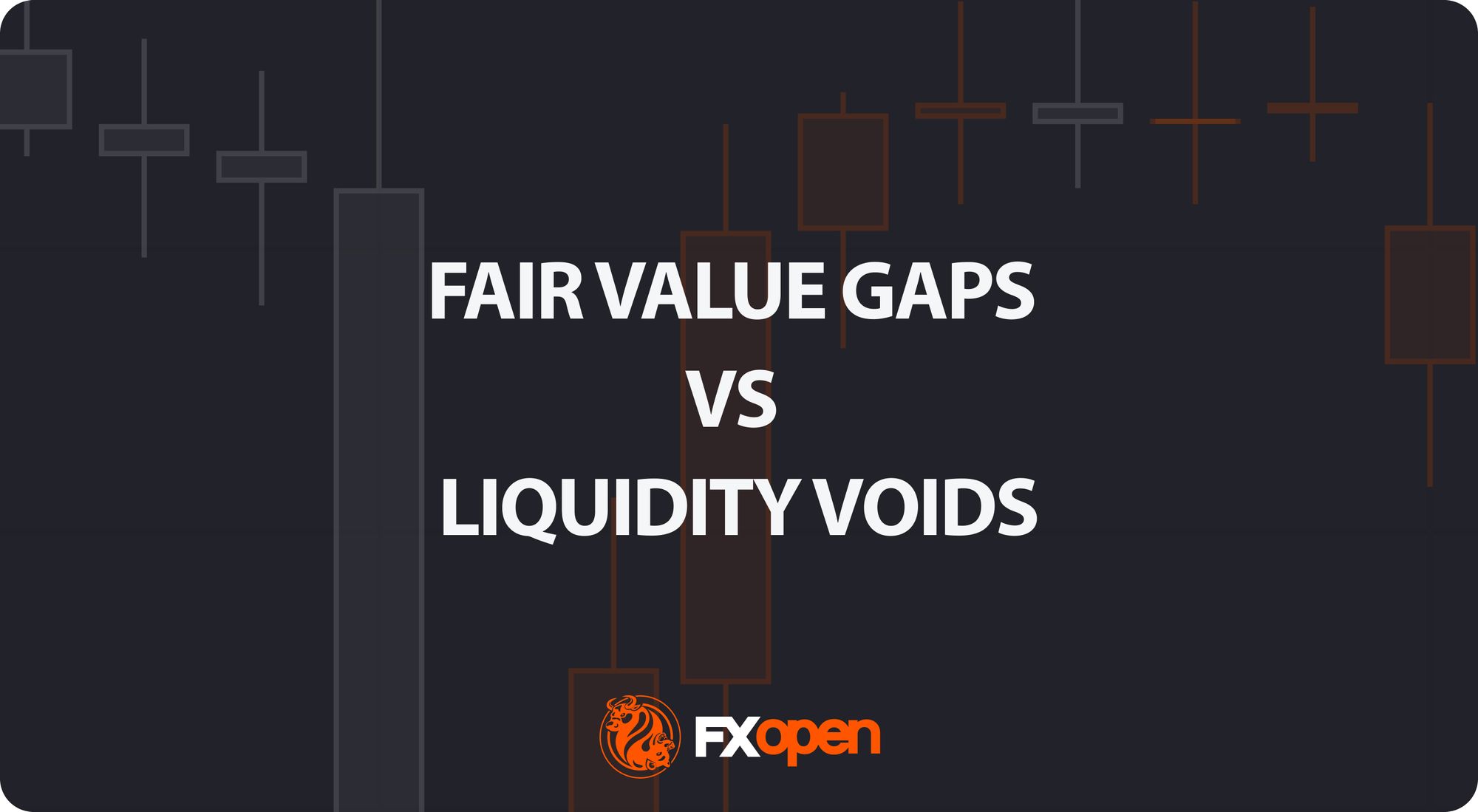FXOpen

There are many players in the financial markets who can cause changes in trend direction, but let’s focus on institutional and retail traders. This FXOpen article compares retail vs institutional trading. You’ll learn about the characteristics of these types of traders, how they affect the markets, as well as the differences and similarities between them.
What Is a Retail Trader?
Let’s start with a retail trader definition. Retail traders refer to individual traders or small investors who participate in trading for speculative purposes.
They typically trade with smaller capital and have fewer resources and less access to information than institutional traders. Retail traders often use leverage, which allows them to control larger positions with a smaller amount of capital. Leverage may increase potential returns, but it also escalates the exposure to substantial losses.
The collective impact of retail trading has grown significantly in recent years, shaping market dynamics. The rise of online platforms has democratised financial markets, allowing retail traders to participate more actively. Their collective actions can amplify market trends and contribute to increased market volatility.
How Do Retail Traders Trade?
Retail traders often engage in day, swing, and news trading. They usually rely on online resources for self-education. They may attend educational courses and use the services of mentors. They may use technical analysis, social media discussions, or market sentiment analysis to inform their decisions.
The collective power of retail trader communities, fuelled by social media discussions, can impact asset prices. The “Reddit effect” exemplifies how retail trading, through online forums, can challenge traditional market dynamics.
What Is an Institutional Trader?
What is institutional trading? Let’s first take a look at the institutional market definition. In the context of trading, the institutional market refers to the segment of the overall market where institutions and corporations manage their assets. Institutional traders buy and sell different financial instruments for the accounts they manage on behalf of others, and they handle large pools of capital. Therefore, they can influence market trends and liquidity. Their collective actions may lead to market-wide shifts, affecting prices and levels of volatility.
Examples include hedge funds, mutual funds, investment banks, endowment funds, pension funds, and insurance companies. They have different goals, for example, hedge funds pursue absolute returns, and investment banks engage in market-making and proprietary trading.
How Do Institutional Traders Trade?
Institutional trading is characterised by its scale and impact. By handling significant volumes of capital, they take advantage of access to privileged information and influence market movements. For example, in institutional forex trading, central banks have the greatest price impact in the spot FX market, followed by hedge funds and mutual funds, while regular traders have much less influence on dealer pricing.
Institutions commonly employ sophisticated strategies, such as quantitative trading and algorithmic trading. Their strategies often involve in-depth market analysis and the use of advanced instruments.
Retail Trader vs Institutional Trader: Key Differences
The primary differences between institutional and retail traders lie in factors such as capital, risk tolerance, and time horizons. These and other aspects are collected in this table:
|
Aspect |
Retail |
Institutional |
|
Capital |
Limited capital |
More capital-rich |
|
Price Influence |
Limited influence |
More significant influence |
|
Knowledge |
Self-taught, usually from internet resources |
Educated in finance or economics from college |
|
Trading focus |
Technical systems, price patterns, indicators |
Fundamentals and trading psychology |
|
Account |
Personal accounts |
Accounts they oversee on behalf of a group or
institution |
|
Time of trading |
A shorter time horizon |
A longer time horizon |
|
Risk tolerance |
Disciplined risk management, a lower risk
tolerance |
A higher risk tolerance, a focus on growth |
|
Market Access |
Retail and online brokerages with standard
trading instruments |
More difficult instruments, including swaps |
These differences profoundly impact trading strategies. Institutions can afford more complex and resource-intensive strategies, while retail traders may focus on simpler approaches. Time sensitivity, risk aversion, and regulatory constraints further differentiate their decision-making processes.
Similarities and Overlaps
While institutional and retail traders differ in many aspects, there are areas where their trading strategies may converge. Both groups may use similar trading tools and strategies, for instance, technical analysis, fundamental analysis, and algorithmic trading.
The influence of technology has also contributed to blurring the lines between these trading types. Retail traders can now access sophisticated tools, while institutions may adopt more agile and cost-effective technologies.
You may trade over 600 assets at the TickTrader trading platform using modern instruments for market analysis.
Final Thoughts
Institutional and retail traders play distinct but significant roles in the financial markets. While institutions have advantages such as access to more financial instruments and extensive resources, retail traders have the flexibility and freedom in trading decisions.
The convergence of strategies and the evolving influence of technology indicate that the landscape will continue to shift, creating new opportunities and challenges for traders across the spectrum. If you want to trade on various markets with tight spreads and low commissions, you can open an FXOpen account.
This article represents the opinion of the Companies operating under the FXOpen brand only. It is not to be construed as an offer, solicitation, or recommendation with respect to products and services provided by the Companies operating under the FXOpen brand, nor is it to be considered financial advice.
Stay ahead of the market!
Subscribe now to our mailing list and receive the latest market news and insights delivered directly to your inbox.








